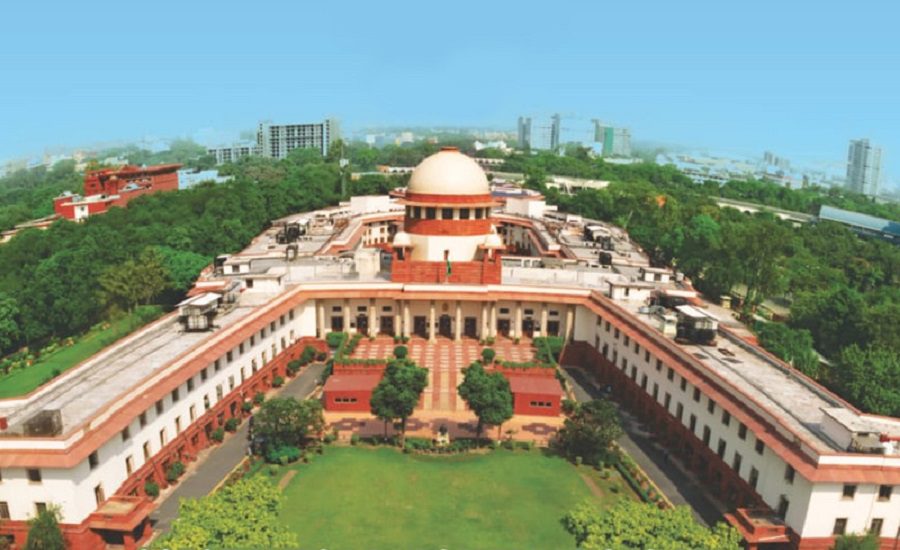New Delhi: In a move to transform the process of judicial appointments, the Supreme Court collegium has approved a record 36 names for elevation as judges to various high courts across the country. This decision follows a historic two-day marathon of personal interviews with 54 shortlisted candidates, conducted on July 2 and 3 by Chief Justice of India BR Gavai and senior judges Justice Surya Kant and Justice Vikram Nath.
The appointments span several states, including-
- Punjab & Haryana High Court – 10 names
- Madhya Pradesh High Court – 10 names
- Telangana and Gauhati High Courts – 4 names each
- Delhi High Court – 3 names
- Rajasthan and Patna High Courts – 2 names each
- Andhra Pradesh High Court – 1 name
This brings fresh momentum to addressing the 371 judge vacancies across India’s 25 high courts, against a sanctioned strength of 1,122.
A Paradigm Shift in Judge Selection
In a departure from the conventionally opaque, document-driven process, the collegium prioritized face-to-face interaction over paper credentials. According to sources familiar with the process, the interviews gave weight to temperament, ethics, clarity of constitutional values, and courtroom demeanor – qualities that are difficult to assess on paper alone.
“There were candidates whose records didn’t shine on paper, but their interview performance revealed sharp judicial minds and a strong sense of institutional integrity,” a source close to the collegium said.
The collegium’s resolution confirmed that the shortlisted candidates include a balanced mix of judicial officers and lawyers from the Bar, many of whom demonstrated exceptional insight into contemporary legal issues.
Summer Break Reimagined: Partial Vacation, Full Responsibility
What makes this development even more noteworthy is the timing. The interviews were conducted during the Supreme Court’s summer recess, which traditionally marks a lull in court operations. However, under CJI Gavai’s leadership, the court has continued functioning with partial benches and active administrative work. Judicial benches have heard urgent cases, judgments have been drafted, and now – for the first time – collegium-level interviews have also been conducted during the break.
This signals a cultural shift in court work ethics, reflecting a commitment to institutional efficiency and judicial continuity.
Leadership Continuity at the Helm
The three-member collegium panel – CJI Gavai, Justice Surya Kant (set to become CJI in November 2025), and Justice Vikram Nath (CJI-designate in 2027) – represents the present and future leadership of the Supreme Court. Their united approach to reimagining the judge selection process is seen as a strong foundation for long-term judicial reform.
This method builds on a precedent set in December 2024, when then-CJI Sanjiv Khanna reintroduced personal interviews for high court candidates – a tradition that had long been dormant.
Impact and Way Forward
By incorporating personal interviews as a critical layer of vetting, the collegium is reinforcing transparency, accountability, and meritocracy in the judiciary. Legal observers view the move as a turning point that could improve the quality of appointments and public trust in the judicial system.
As India’s courts navigate caseload burdens and the call for faster, fairer justice, such administrative reforms could redefine judicial excellence beyond technical competence – making room for empathetic, ethical, and people-oriented judges.




























